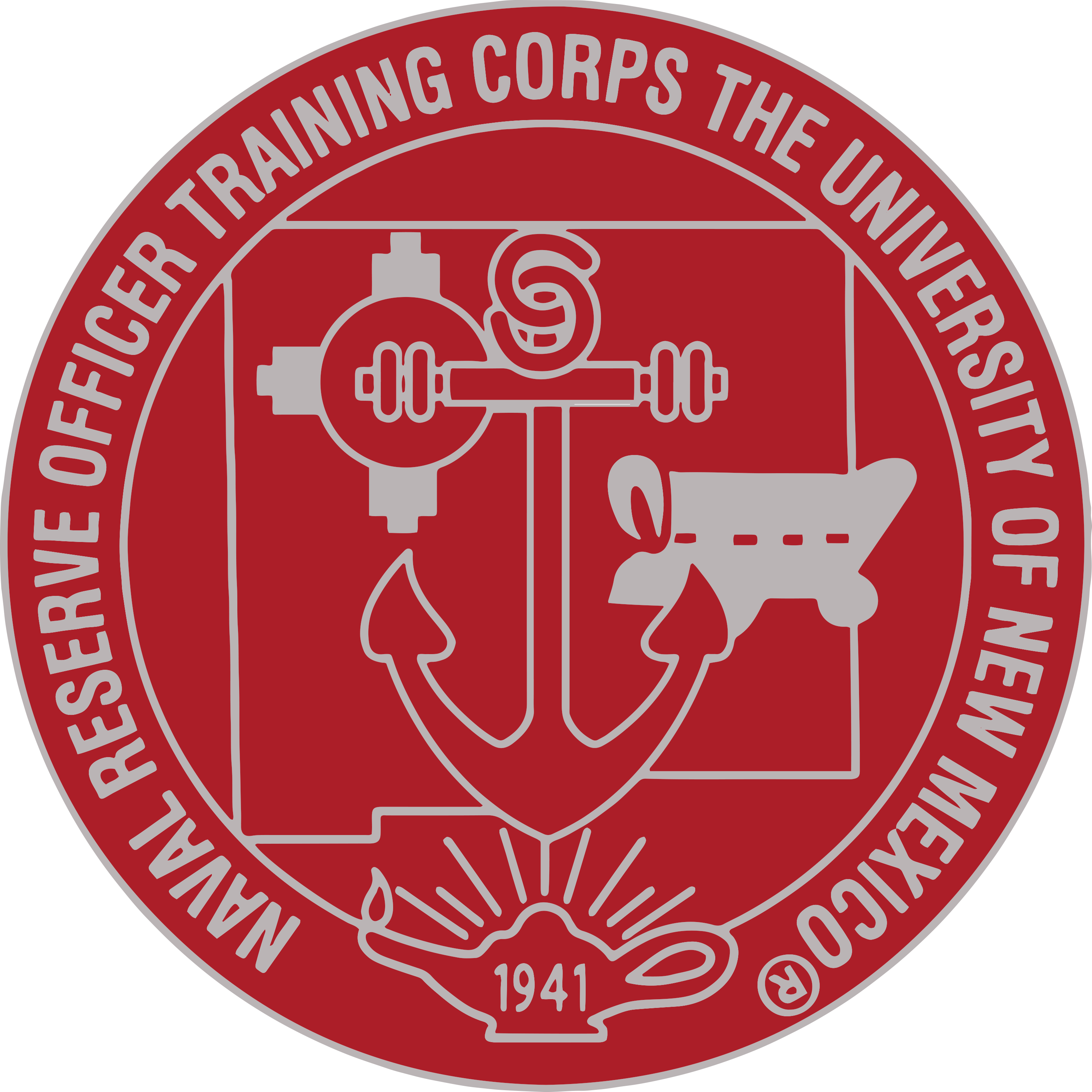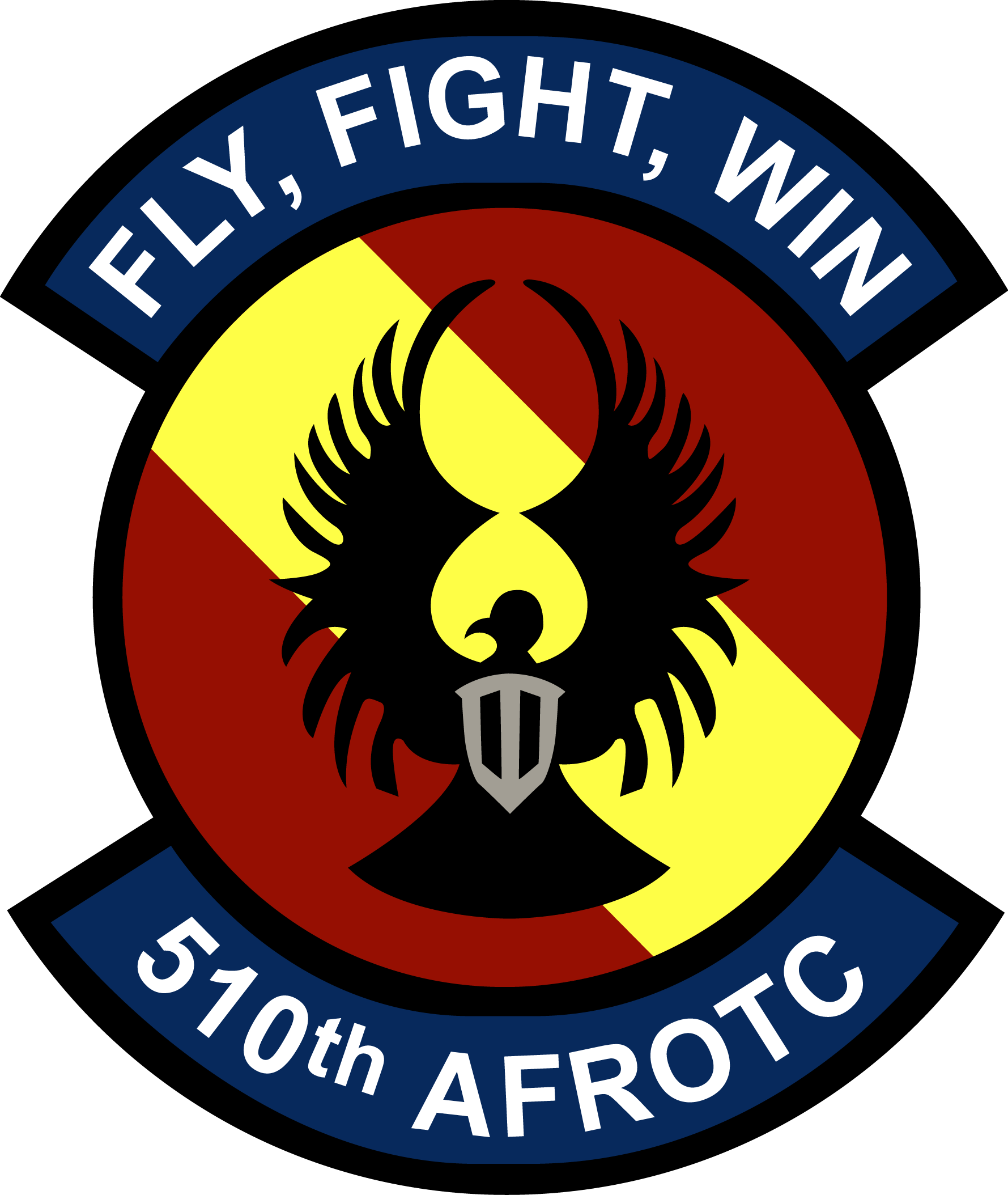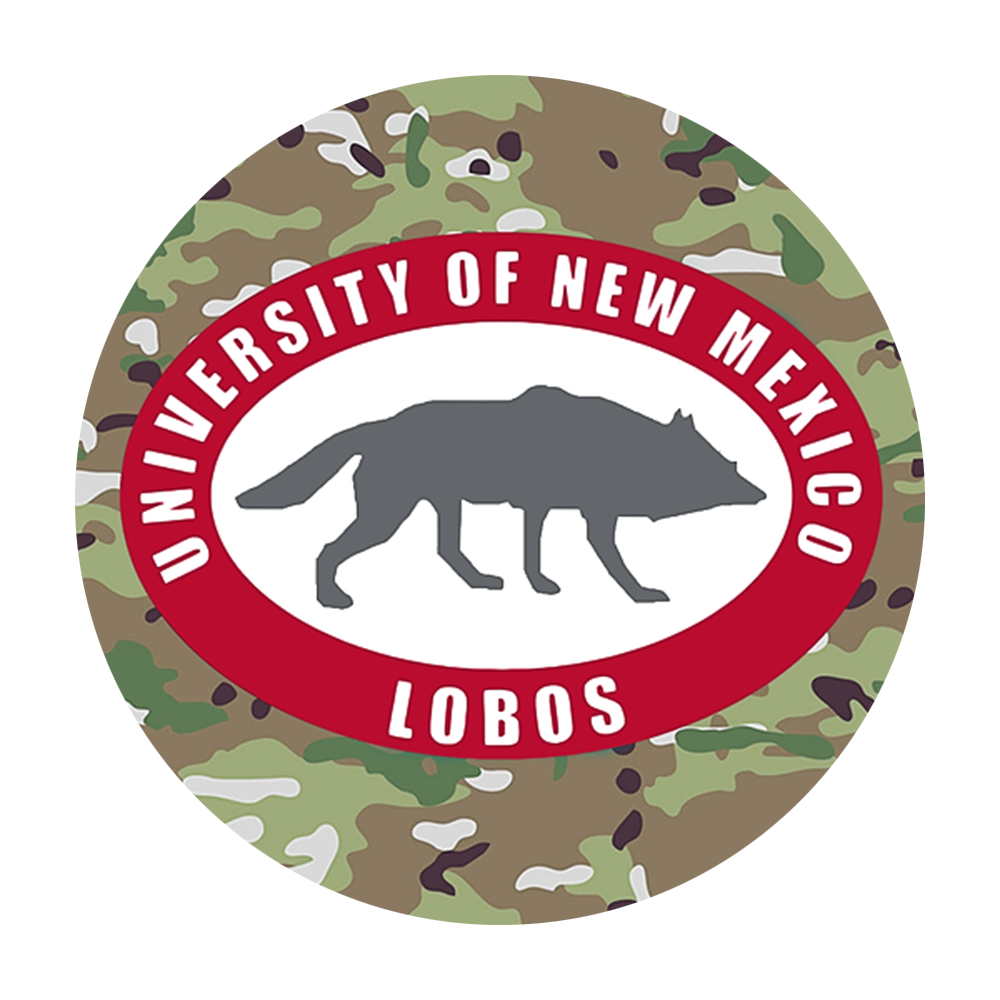FAQ
Reserve Officer Training Corps (ROTC) trains college students to become commissioned officers in the Armed Forces while supporting their undergraduate education. ROTC focuses on preparing students for a career in the U.S. Military, emphasizing leadership, basic military education, and officer training.
The military is specifically interested in students studying engineering, computer science, languages, chemistry, physics, mathematics, and nursing. Apart from these majors, many ROTC students choose to study business administration, military studies, global and national security, liberal arts, political science, criminology, sociology, biology, history, and exercise science.
Cadets in College: Top Majors for ROTC Students (publicservicedegrees.org)
All ROTC students who commission incur an active-duty commitment, usually between 4-10 years, depending on branch and position. For example, pilots normally incur a ten-year active-duty service commitment after successfully completing their training. To find out more specific information, discuss your career plans with your branch.
ROTC students are held to a high academic standard. As future officers in the U.S. Military, cadets and midshipmen represent the branches that they will commission into and are expected to maintain good grades and be respectful and responsible students. For more specific information, ask the Cadre in your branch.
Admission requirements, scholarships, and timelines vary between branches. The best way to find out how to join is to visit their websites (click the logos at the bottom of the page!) and reach out to the branch you are interested in.
This video on YouTube provides an in-depth explanation.
0:17 Accessing Registration
1:06 Class Search / Course Offerings (Pre-Registration)
2:23 Check Registration Status and Holds
3:20 Registering For Classes
3:45 Searching For Classes (During Registration)
5:40 Adding Classes From Class Search
7:54 Adding Classes Using CRNs
8:45 Dropping Classes
9:21 Reviewing Your Schedule
Have your official transcripts sent to apply@unm.edu. If you have already sent them, but they aren't showing up, you can ask your advisor to check if UNM has received them.
The Veteran and Military Resource Center are experts on the various GI Bill benefits. You should speak with them to clarify your benefits.
Veteran & Military Resource Center | vrc.unm.edu
There are a lot of intricacies in scholarship requirements; you should contact the Financial Aid Office. They have a great Live Chat function available on their website.
UNM One Stop | onestop.unm.edu
UNM Financial Aid Office | financialaid.unm.edu
It is most likely that you have an overdue bill. You should contact the Bursar's Office. They have a great Live Chat function available on their website.
Bursar's Office | bursar.unm.edu
You should first discuss the possibility of changing majors with your ROTC Cadre. They will need to approve the change. You will also need to meet with the ROTC Advisor to create a new/updated degree plan. To declare your new major, you will need to meet with an Academic Advisor for your new major—not the ROTC Advisor.



